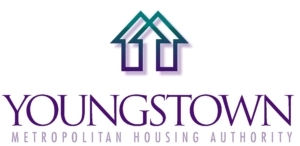How do I apply for the Housing Choice Voucher Program?
YMHA will publish announcements in the local newspapers and on its website indicating when the Waiting List will open for applications.
Do you have emergency housing assistance for the voucher program?
This program is offered in partnership with the Mahoning County Continuum of Care. The availability of these vouchers is limited and managed through a direct referral process. If you believe you meet the target population, contact the Mahoning County Continuum of Care at (330)746-7721.
Am I automatically eligible while I’m on the Waiting List?
Do you help pay the security deposit?
Who pays for the utilities?
I am interesting in moving my assistance to another jurisdiction. Am I allowed to do this?
How much rent will you pay?
